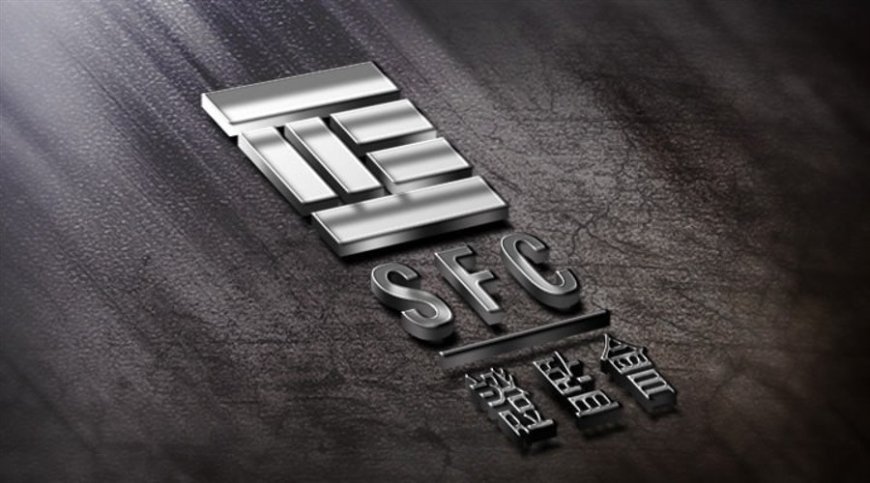SFC Approves Four VATPs and Outlines Licensing Conditions After Inspections
The Securities and Futures Commission (SFC) has granted licences to four virtual asset trading platforms (VATPs) under its expedited licensing process. The development follows the completion of risk-based on-site inspections for deemed-to-be-licensed VATP applicants, a programme introduced in June 2024.VATPs Licensed with Restricted ScopeAlong with the three previously approved providers, the Hong Kong SFC has granted licences to four additional VATP providers: Hong Kong Digital Asset EX Limited, Accumulus GBA Technology Co., Limited, DFX Labs Company Limited, and Thousand Whales Technology.The licensed VATPs will operate with a restricted business scope until they address the issues raised during the SFC’s inspections. They must also conduct a vulnerability assessment and penetration test, with satisfactory results from an independent third party.“We have been proactively engaging with VATPs’ senior management and ultimate controllers which helps drive home our expected regulatory standards and expedite our licensing process for VATPs,” said Eric Yip, the SFC’s Executive Director of Intermediaries. “We aim to strike a balance between safeguarding the interests of investors and facilitating continuous development for the virtual asset ecosystem in Hong Kong.”In addition to the three already approved, the Hong Kong SFC today added four newly approved virtual asset VATP providers, namely Hong Kong Digital Asset EX Limited, Accumulus GBA Technology (Hongkong) Co., Limited, DFX Labs Company Limited, and Thousand Whales Technology (BVI).…— Wu Blockchain (@WuBlockchain) December 18, 2024SFC Issues Circular on LicensingThe SFC will oversee the second-phase assessment of VATPs in collaboration with the platforms and their external assessors. Restrictions on business scope will be lifted after the SFC is satisfied with the second-phase assessment results.A circular issued today (Wednesday) outlines the licensing process and offers further guidance on the second-phase assessment. This article was written by Tareq Sikder at www.financemagnates.com.

The Securities and Futures Commission (SFC) has granted licences to four virtual asset trading platforms (VATPs) under its expedited licensing process.
The development follows the completion of risk-based on-site inspections for deemed-to-be-licensed VATP applicants, a programme introduced in June 2024.
VATPs Licensed with Restricted Scope
Along with the three previously approved providers, the Hong Kong SFC has granted licences to four additional VATP providers: Hong Kong Digital Asset EX Limited, Accumulus GBA Technology Co., Limited, DFX Labs Company Limited, and Thousand Whales Technology.
The licensed VATPs will operate with a restricted business scope until they address the issues raised during the SFC’s inspections. They must also conduct a vulnerability assessment and penetration test, with satisfactory results from an independent third party.
“We have been proactively engaging with VATPs’ senior management and ultimate controllers which helps drive home our expected regulatory standards and expedite our licensing process for VATPs,” said Eric Yip, the SFC’s Executive Director of Intermediaries.
“We aim to strike a balance between safeguarding the interests of investors and facilitating continuous development for the virtual asset ecosystem in Hong Kong.”
In addition to the three already approved, the Hong Kong SFC today added four newly approved virtual asset VATP providers, namely Hong Kong Digital Asset EX Limited, Accumulus GBA Technology (Hongkong) Co., Limited, DFX Labs Company Limited, and Thousand Whales Technology (BVI).…— Wu Blockchain (@WuBlockchain) December 18, 2024
SFC Issues Circular on Licensing
The SFC will oversee the second-phase assessment of VATPs in collaboration with the platforms and their external assessors. Restrictions on business scope will be lifted after the SFC is satisfied with the second-phase assessment results.
A circular issued today (Wednesday) outlines the licensing process and offers further guidance on the second-phase assessment. This article was written by Tareq Sikder at www.financemagnates.com.







